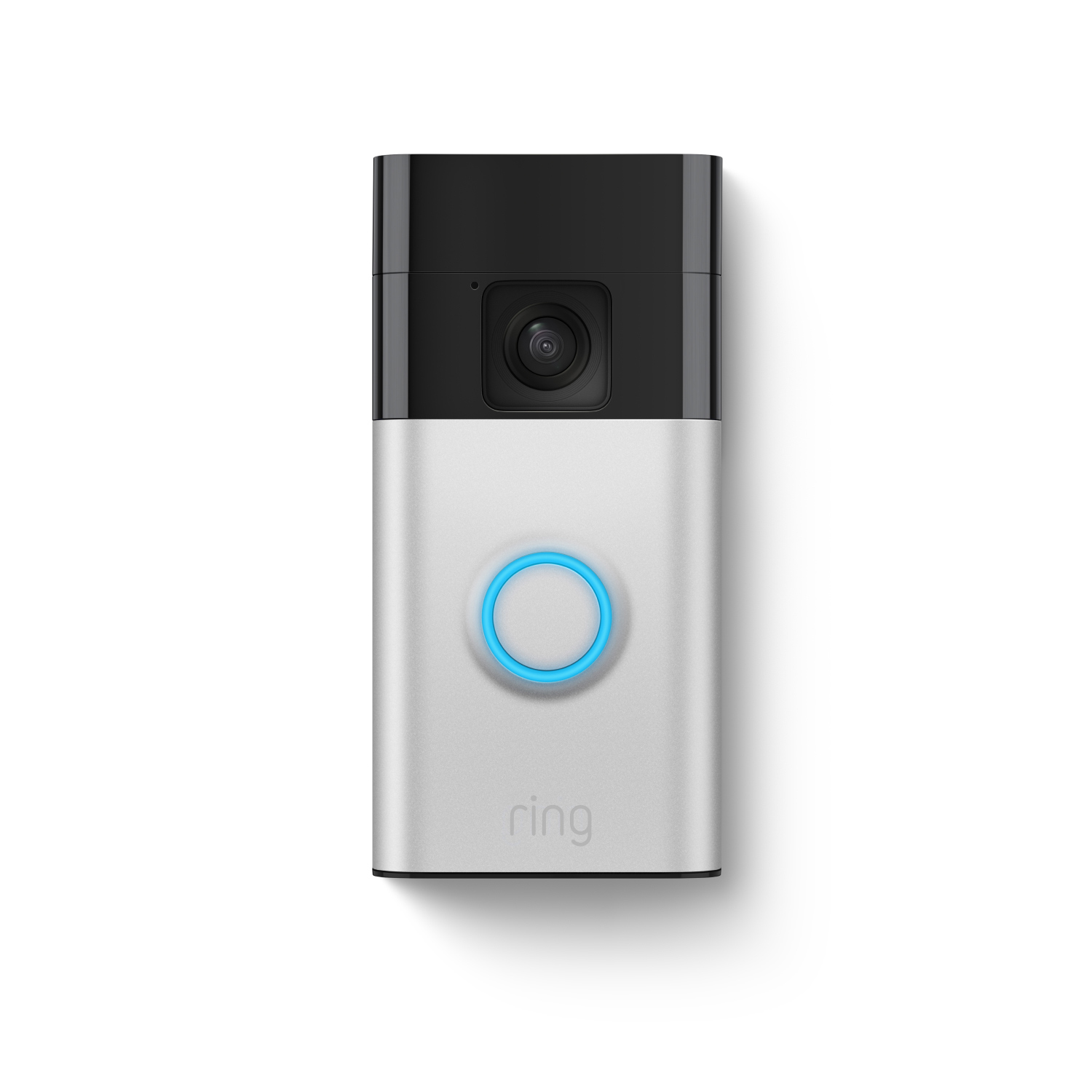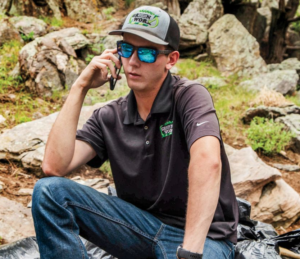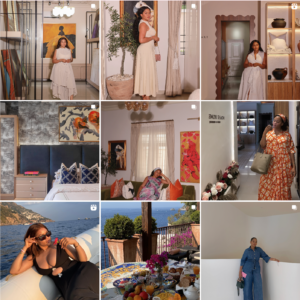Jeff Nippard is a Canadian entrepreneur, strength coach, author, YouTube influencer, and natural bodybuilder with a revolutionarily successful, new approach to the world of bodybuilding. With a bachelor’s degree in biochemistry from the University of Newfoundland, Jeff went on to become a successful body builder in the International Fitness and Bodybuilding federation (IFBB). Jeff discovered a passion for coaching and training other health-conscious people to achieve their goals and develop better functioning bodies. Unlike other influencers and trainers, Jeff’s program for both health and business centers on science and human anatomy. His YouTube videos are more like thoroughly researched lab reports than the posing and flexing videos released by his competitors. Among the world’s viral fitness influencers, Jeff has built his own well-known brand around scientific studies and data. His channel, with content ranging from nutrition to cardio to specific exercises, has over 463 million views.
With a uniquely scientific and unaggressive approach to fitness, Jeff is both a commercial and social entrepreneur. His mission is twofold: help the world become physically stronger and healthier while developing his career as a pillar of the fitness world.
You can visit Jeff Nippard’s website here, where he sells his books and plans on fitness and nutrition.






:max_bytes(150000):strip_icc():format(webp)/Bowties-171MosBows-b71fc8af24ef46b9963d7b55b9b03fcf.jpg)


